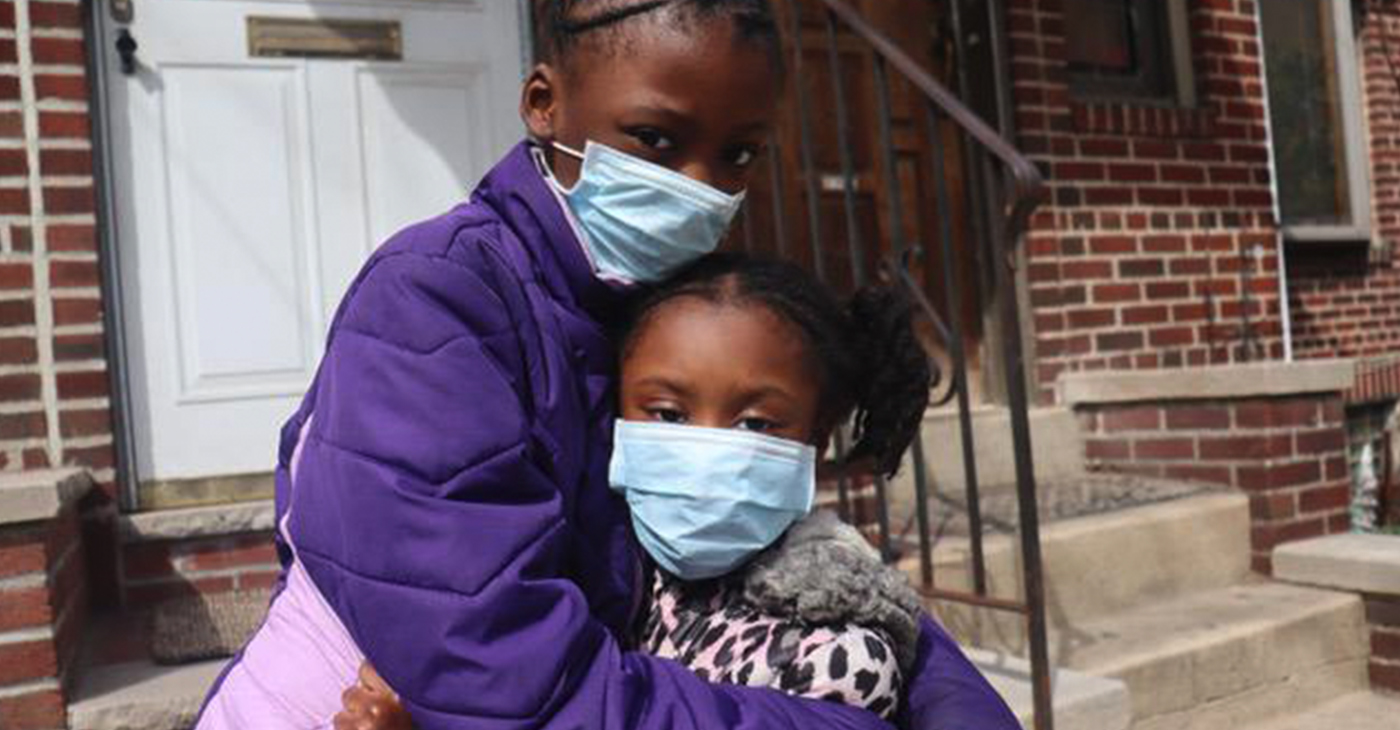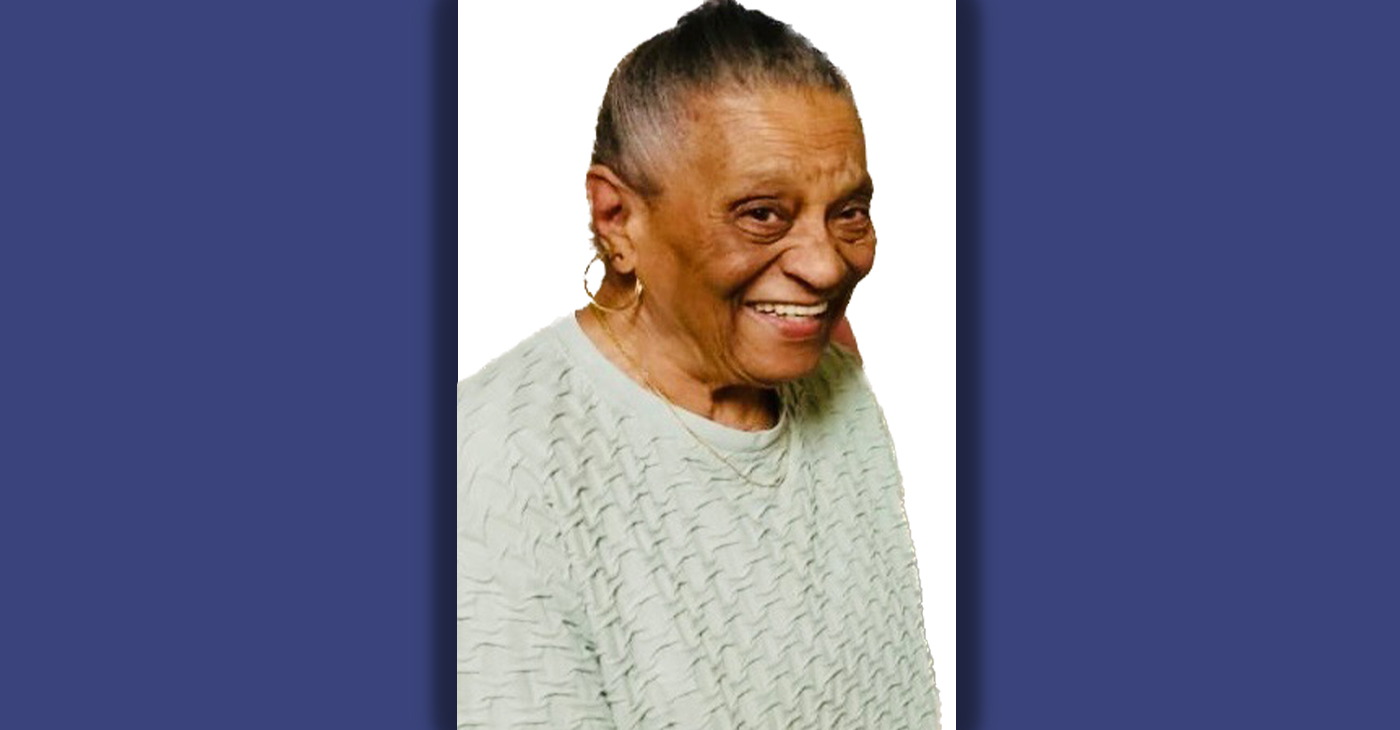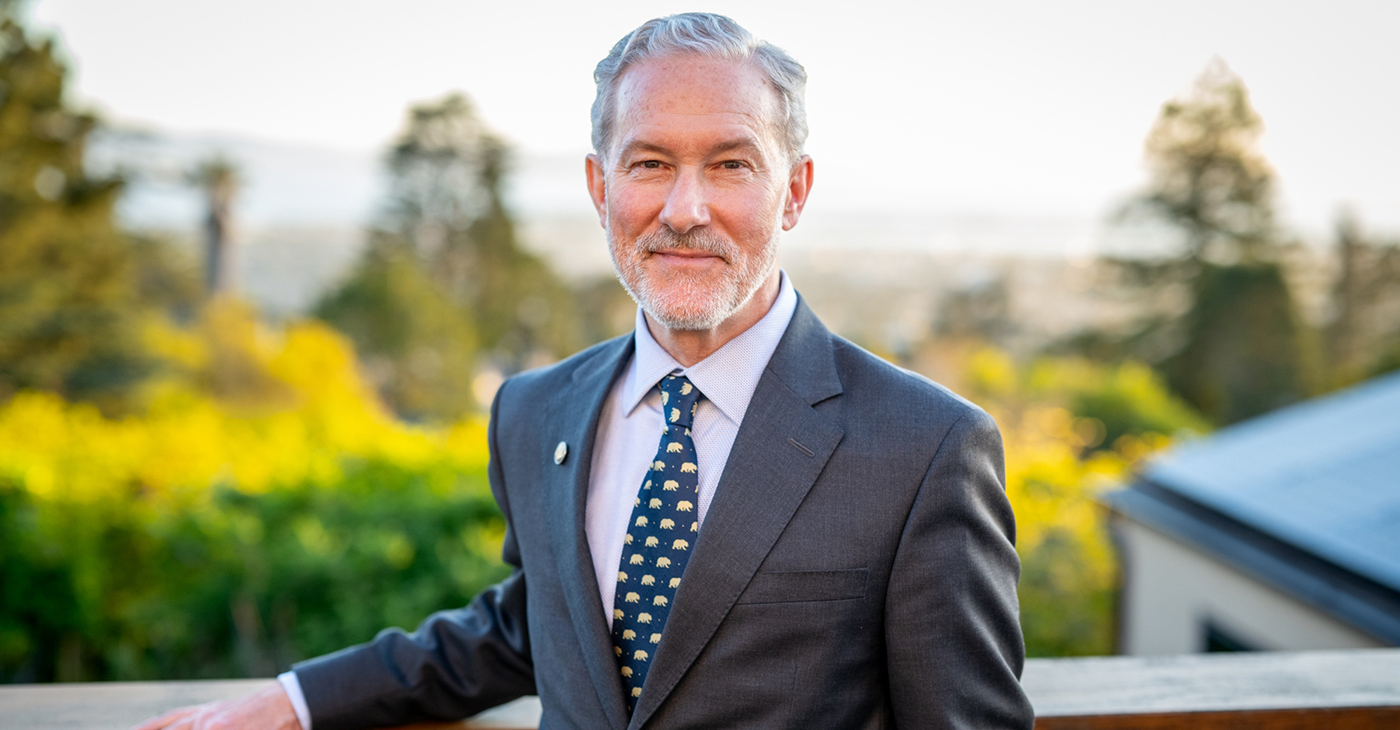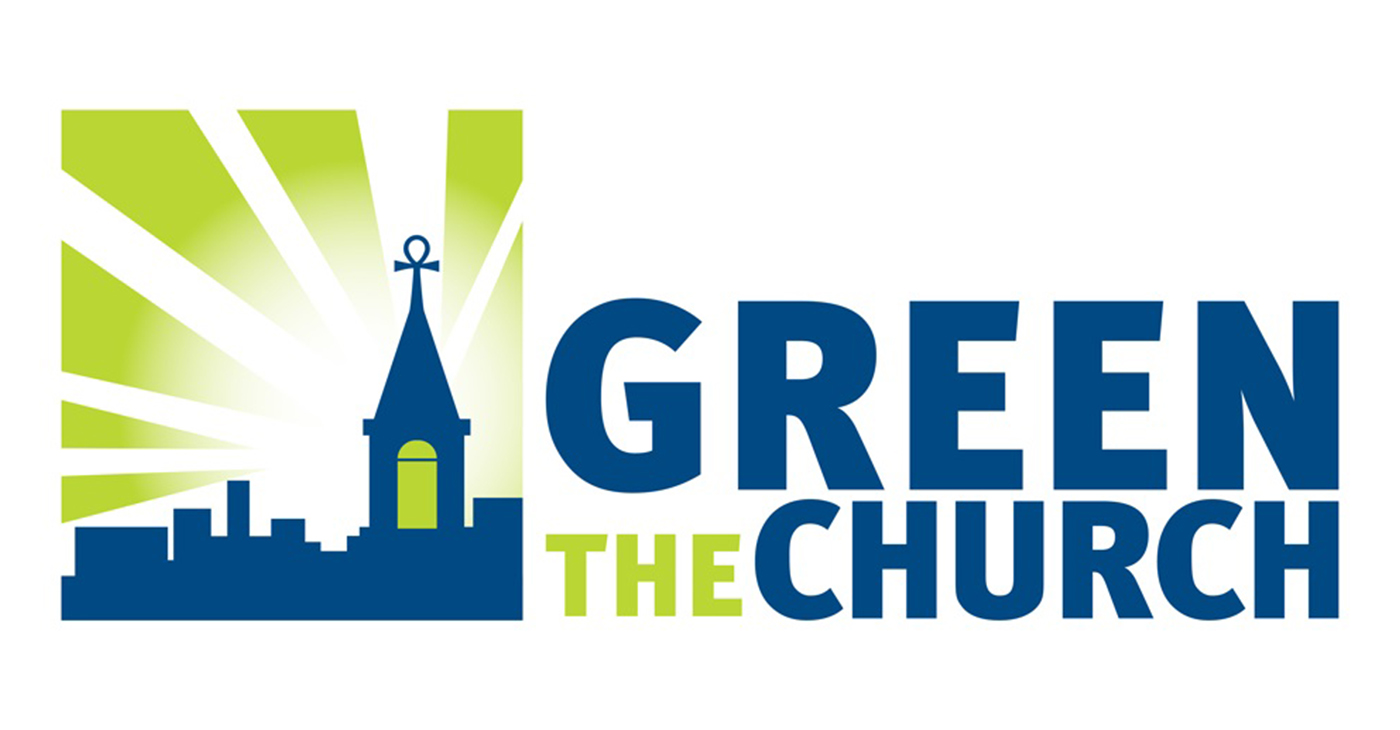Bay Area
12 Groups Fighting Youth Homelessness Win Grants Totaling $38 Million
“This funding represents an important lifeline in protecting some of the most vulnerable members of our communities,” said California Governor’s Office of Emergency Services (CalOES) Director Mark Ghilarducci. “Through the partnership with these community-based organizations we are able to provide meaningful support and change lives.”

By Aldon Thomas Stiles, California Black Media
Last month, Gov. Gavin Newsom announced that California awarded $38 million in grants to 12 community-based organizations working to combat homelessness among youths and young adults in the state. The governor’s office says the grants are part of a $14 billion ongoing commitment to end homelessness in the state.
The funds, distributed through the Homeless Youth Emergency Services and Housing Program, will be used to assist young people who are facing housing insecurity or are currently unhoused in 12 different counties.
“These grants will provide relief and emergency support to young people across California experiencing homelessness, who are too often left in dire situations to fend for themselves,” said Newsom.
“We’re providing immediate aid for those living on our streets — bringing resources and services directly to young people in need and helping them onto a path towards a stable future,” the governor continued.
The funds will also go toward providing “mental health support with crisis intervention and stabilization services,” according to Newsom’s office.
About a quarter of California’s Homeless population suffers from severe mental illness, according to the California Department of Public Health.
Newsom is also proposing special courts to adjudicate cases involving mental health involving unhoused people across the state.
“There’s no compassion stepping over people in the streets and sidewalks,” Newsom said at a press briefing earlier this month. “We could hold hands, have a candlelight vigil, talk about the way the world should be, or we could take some responsibility to implement our ideas. That’s what we’re doing differently here.”
“This funding represents an important lifeline in protecting some of the most vulnerable members of our communities,” said California Governor’s Office of Emergency Services (CalOES) Director Mark Ghilarducci. “Through the partnership with these community-based organizations we are able to provide meaningful support and change lives.”
According to the California Homeless Youth Project, 200,000 Californians under the age of 18 are homeless for one or more days during the year.
“Addressing youth homelessness takes a village,” said Lourdes Castro Ramírez, secretary of the Business, Consumer Services and Housing Agency. “This is why this investment in community-based organizations that make up the village and provide bridges of support to young people is an important part of our efforts to prevent and end homelessness.”
Advocates for homeless youth say there are many factors that can lead to youth homelessness, including addiction and hostile reactions from community members about a young person’s social identity.
“Youth overwhelmingly cite family conflict and breakdown — commonly abuse or neglect, alcohol or drug addiction of a family member, pregnancy, and rejection over sexual orientation — as the major reasons for their homelessness or episodes of running away,” reads the California Coalition for Youth website.
The organizations receiving the funds are: Bill Wilson Center (Santa Clara County); Center for Human Services ( Stanislaus County); Community Human Services (Monterey County); Interface Children and Family Services (Ventura County); Larkin Street Youth Services (San Francisco County); Orangewood Foundation (Orange County); Redwood Community Action Agency (Humboldt County); Ruby’s Place (Alameda County); San Diego Youth Services (San Diego County); Volunteers of America Los Angeles (Los Angeles County); Waking the Village (Sacramento County) and Women’s Center – Youth & Family Services (San Joaquin County).
Newsom also announced his administration is allocating more than $116 million in funding to seven different “Homekey” projects as a part of the governor’s effort to provide housing for homeless people.
Newsom’s pandemic-oriented homelessness program, called Project Roomkey, will continue to receive support from the federal government as well. The state-run initiative converts hotels and other facilities into temporary housing for homeless people.
A companion program, Project Homekey, provides funding to create permanent housing for formerly unhoused people to counties, cities, local councils and other government authorities.
“Continued support from FEMA will allow us to extend Project Roomkey to get more people off the streets and into shelter,” the governor said. “Since the start of the pandemic, California has moved with unprecedented speed, helping more than 50,000 homeless individuals.”
Last month, California’s junior U.S. Sen. Alex Padilla introduced a bill proposing a nearly $532 billion federal investment over 10 years for tackling California’s and the nation’s twin homelessness and housing affordability crises.
Speaking at a Project Homekey site in Sacramento called La Mancha Way Apartments, Padilla, a Democrat, said, the legislation titled “The Housing Act for All” would provide funding for both existing programs and experimental initiatives.
“Every person has a right to the dignity and security of housing,” said Padilla. “It’s going to take all levels of government working together to rebuild a more inclusive and equitable society for all. The legislation is an opportunity to invest and align resources in expanding affordable housing and strengthening proven solutions.”
Bay Area
Vivian Coit, 98
Vivian Coit, a proud Dallas, Texas native made her way to the great state of California in 1943. She was a mother, grandmother, great-grandmother, and great-great grandmother.

Celebrating A Life Well Lived
Sept. 15, 1925 ~ March 30, 2024
Vivian Coit, a proud Dallas, Texas native made her way to the great state of California in 1943. She was a mother, grandmother, great-grandmother, and great-great grandmother.
In her 98 years, she had various jobs – San Francisco Naval Shipyard, elevator operator, housekeeping, a salesclerk, and supervisor for the United States Postal Service. After 27 years of service with the United States Postal Service, she retired with numerous commendations. She was a lifetime member of the National Council of Negro Women. and a devoted member of the Washington/Lincoln Alumni Association of Dallas, Texas.
On April 20 at 10:00 a.m., a life well-lived will be celebrated at Beebe Memorial Cathedral CME Church, 3900 Telegraph Ave., Oakland, CA under the leadership of Rev. Antoine Shyne.
Bay Area
Rich Lyons, Longtime Campus Business, Innovation Leader, Will Be UC Berkeley’s Next Chancellor
Rich Lyons, an established economist, former dean of the Haas School of Business and the campus’s current leader for innovation and entrepreneurship, will become the next chancellor at the University of California, Berkeley, the UC Board of Regents announced on April 10.

By Jason Pohl
Rich Lyons, an established economist, former dean of the Haas School of Business and the campus’s current leader for innovation and entrepreneurship, will become the next chancellor at the University of California, Berkeley, the UC Board of Regents announced on April 10.
The board’s unanimous confirmation makes Lyons, 63, the first UC Berkeley undergraduate alumnus since 1930 to become the campus’s top leader. In an interview this week, Lyons said he credits his Berkeley roots and his campus mentors with encouraging him to ask big questions, advance institutional culture and enhance public education — all priorities of his for the years to come.
Lyons, who will be Berkeley’s 12th chancellor, will succeed Chancellor Carol Christ, who announced last year that she’d step down as chancellor on July 1.
“I am both thrilled and reassured by this excellent choice. In so many ways, Rich embodies Berkeley’s very best attributes, and his dedication to the university’s public mission and values could not be stronger,” Christ said. “I am confident he will bring to the office visionary aspirations for Berkeley’s future that are informed by, and deeply respectful of, our past.”
Rising through the Berkeley ranks
Born in 1961, Lyons grew up in Los Altos in the early days of the Silicon Valley start-up boom.
He attended Berkeley, where he graduated in 1982 with a Bachelor of Science degree in business and finance. Lyons went on to earn his Ph.D. in 1987 in economics from MIT. After six years teaching at Columbia Business School, Lyons returned west, where in 1993 he joined the Berkeley faculty as a professor of economics and finance, specializing in the study of international finance and global exchange rates.
He’s remained on campus since, with one notable exception.
Starting in 2006, Lyons spent two years working at Goldman Sachs as the chief learning officer. It was a period that instilled in him an appreciation for leadership and the importance of organizational culture.
He carried those lessons with him when he returned to campus in 2008 and became the dean of the Haas School of Business.
While dean, Lyons oversaw the construction of Connie & Kevin Chou Hall, a state-of-the-art academic building that opened in 2017 and is celebrated for its sustainability. He also helped establish two new degree programs, linking the business school with both the College of Engineering and the Department of Molecular and Cell Biology.
But it was his creation of four distinct defining leadership principles that spurred a sweeping culture initiative at the school that stands out in the minds of many. Those values — question the status quo, confidence without attitude, students always, and beyond yourself — became a creed of sorts for new students and alumni alike.
Those values are important, Lyons said, because they shape and support the cohesive structure of a strong, connected community — spanning science and technology to the arts and humanities. They also convey the story about what it means to be at Berkeley and to believe in the university’s public mission.
“When we are great as educators, it’s identity-making,” Lyons said. “We’re helping students and others see identities in themselves that they couldn’t see.”
Lyons in January 2020 became Berkeley’s first-ever chief officer of innovation and entrepreneurship.
Building on his research exploring how leaders drive innovation and set behavioral norms and culture, Lyons worked to expand and champion Berkeley’s rich portfolio of innovation and entrepreneurship activities for the benefit of students, faculty, staff, startups and external partners.
It was a major commitment to thinking outside the box, he said. One need only look to the Berkeley Changemaker program that he helped launch in 2020 to see innovation and entrepreneurship in action.
The campuswide program with some 30 courses tells the story of what Berkeley is — the story that members of the Berkeley community can tell long into the future. Berkeley Changemaker started as an idea and its courses quickly became among the most popular academic offerings on campus.
“Over 500 students showed up,” he said. “Why? Because it’s a narrative. It’s not just a name. It’s not just a curriculum. It’s not just a course. It’s a way of living, and it’s a way of living that Berkeley has occupied forever. This idea that there’s got to be a better way to do this, question the status quo.”
Activism
Oakland’s ‘Green the Church,’ Others, Host a Climate Revival
On April 20, Oakland’s Green The Church California (GTC) and the Center For Food, Faith and Justice will celebrate Earth Day and present a Climate Revival event titled “Growing Healthy Communities From Soil To The Soul” at McGee Avenue Baptist Church at 1640 Stuart St, Berkeley, CA. The day will include inspiring talks, interactive workshops, networking opportunities, and a special panel on Food Sovereignty and Global Food Resilience.

Growing Healthy Communities from Soil to the Soul in Berkeley
By Y’Anad Burrell
On April 20, Oakland’s Green The Church California (GTC) and the Center For Food, Faith and Justice will celebrate Earth Day and present a Climate Revival event titled “Growing Healthy Communities From Soil To The Soul” at McGee Avenue Baptist Church at 1640 Stuart St, Berkeley, CA,
The day will include inspiring talks, interactive workshops, networking opportunities, and a special panel on Food Sovereignty and Global Food Resilience.
The keynote speaker is Rev. Danté R. Quick, PhD, senior pastor of First Baptist Church of Lincoln Gardens in Somerset, N.J. Quick is well known in the Bay Area, having served for more than 10 years as pastor of Friendship Missionary Baptist Church in Vallejo, CA.
Green The Church, founded in 2010 by Rev. Dr. Ambrose Carroll, Sr., and headquartered in Oakland, helps galvanize Black churches and their local communities and leaders to address issues critical to populations historically disengaged from conversations around pollution and health, climate change, and sustainability and energy efficiency.
The organization collaborates with major environmental, sustainability, food security, faith, and community-based non-profit organizations, and is committed to “creation justice”—care and justice for God’s people and the planet—and building the Beloved Community.
Environmental justice has long been a pressing concern for communities of color who bear the brunt of pollution and ecological degradation. Climate change exacerbates these issues, disproportionately impacting vulnerable communities. Recognizing this urgency, Black churches across the country are taking action.
With deep roots in the African American community and its commitment to social justice, the Black Church has become an essential advocate for sustainable practices and policies.
Over the past 14 years, in a powerful collaboration with significant environmental, sustainability, food security, faith, and community-based non-profit organizations, GTC has created a cadre of Black churches engaging in the environmental justice, climate, and sustainability movement.
GTC presently works with more than 1,000 pastors and congregations across the U.S., and groups in the Bahamas, Ghana, Nigeria, and the UK, showing that we can make a difference together.
The partnership between environmental justice advocates and the Black Church extends beyond individual congregations. Green The Church provides resources and support for faith communities seeking to address climate change and promote environmental justice.
Through collaboration, initiatives such as energy efficiency programs, solar installations, and environmental education have been implemented in Black churches nationwide. These efforts reduce the carbon footprint and save money on energy bills, benefiting the congregations and their communities.
The involvement of the Black Church in the fight against climate change is not just a participation, it’s a powerful message that galvanizes action across communities.
By integrating environmental justice into their ministry, Black churches are demonstrating that addressing climate change is not only a matter of science but also of social and moral responsibility, inspiring change at a grassroots level.
For more information, go to: www.greenthechurch.org.
-

 Activism4 weeks ago
Activism4 weeks agoOakland Post: Week of March 20 – 26, 2024
-

 #NNPA BlackPress3 weeks ago
#NNPA BlackPress3 weeks agoCOMMENTARY: D.C. Crime Bill Fails to Address Root Causes of Violence and Incarceration
-

 #NNPA BlackPress3 weeks ago
#NNPA BlackPress3 weeks agoMayor, City Council President React to May 31 Closing of Birmingham-Southern College
-

 #NNPA BlackPress3 weeks ago
#NNPA BlackPress3 weeks agoCOMMENTARY: Lady Day and The Lights!
-

 #NNPA BlackPress3 weeks ago
#NNPA BlackPress3 weeks agoFrom Raids to Revelations: The Dark Turn in Sean ‘Diddy’ Combs’ Saga
-

 #NNPA BlackPress3 weeks ago
#NNPA BlackPress3 weeks agoBaltimore Key Bridge Catastrophe: A City’s Heartbreak and a Nation’s Alarm
-

 #NNPA BlackPress3 weeks ago
#NNPA BlackPress3 weeks agoBaltimore’s Key Bridge Struck by Ship, Collapses into Water
-

 Activism3 weeks ago
Activism3 weeks agoOakland Post: Week of March 27 – April 2, 2024













































